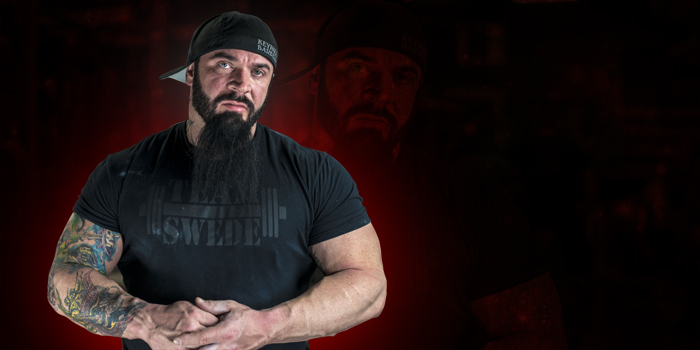
The weight does not respect what you have going on outside of your training. That's the first thing. It does not respond to excuses of any kind. I'm grateful for that, because it has hardened and sharpened me more than any other single thing in my lifetime, and that is saying something.
A barbell can be our adversary. At times, it can be our partner or our friend. Whatever role it is currently filling, we should treat it with respect. We should treat our training the same way because, in doing so, we are showing respect for ourselves and for the process.
There are no shortcuts, there are only standards which must be met: levels of expectation that we have to set for ourselves. And there is no way to circumnavigate the dicey waters between weakness and strength.
No one can drive us there or carry us on their back. Our parents can't bail us out or pay our way. We have to go that distance and sometimes go it alone. Many people, like coaches and mentors, may help us along the way, but ultimately it will be up to us to finish the course.
Truly talented lifters can skate by for many years, doing the bare minimum or an insane amount and make unbelievable progress either way, while others will have their resolve tested early on. But no matter where our level of giftedness or predisposition or development lies, our resolve will be tested eventually, and there will be times we need to prove ourselves — to ourselves. That is a very individual thing. Almost all of us suffer with the same issues, but how we press through them is similar, at best.
As a coach, it's a beautiful thing to see a lifter find out they are made of harder stuff than they thought, and just as disappointing to see someone with talent throw in the towel when faced with adversity.
I could spit any number of cliches here, but I think it's sufficient to say that you don't really know what you're made of until you've been tried by fire. Until life shows up and your problems outside the gym rear their head in a way that can't be ignored, or you get injured, or suffer illness or loss. Until your metal is tested. The vast majority of the time, these "tests" or obstacles are going to be psychological and emotional in nature. There are a couple of other types, like physical issues, and environmental, but even those will come back to psychological or emotional struggle.
My intention in writing this article was to speak from my own experience as a lifter who has survived and improved for decades, and also as a coach to countless other lifters. Like I often do when I am writing, I brought a question to those of my readers who follow my social media. What happened next completely reaffirmed the need for this this to be written, not as much to provide solutions, though I will offer some strategies, but more to just acknowledge that almost everyone who makes the commitment to get under a barbell on a regular basis—from world record holder to absolute beginner—will deal with many of the same issues. Just understanding this fact can be really cathartic.
The question I posed was directed to "all lifters." I didn't want to be exclusionary and I figured it better to let people decide if they considered themselves lifters than provide any other criteria. I knew that some people would not be willing to post about their struggles publicly, so I noted that anyone who wasn't comfortable doing so could message me privately.
The Question
What psychological/emotional, physical or environmental barriers or obstacles do you face in your training and competition?
Now, I expected to get some feedback. I already had the article outlined and was hoping to confirm that I wasn't missing anything in regard to the most common issues. I knew some elite people would be confident enough to share on the post and thought maybe some newbies would see that even the best people struggle with the same stuff they do. So, I thought that would be pretty cool.
What I didn't expect was the outpouring that followed. Over ninety lifters shared their stories with me between the comments and private messages, giving detailed responses some going over 500 words in length. The post was shared and spin-off threads took on a life of their own. The result was a very cathartic sort of group therapy session where people just typed out what they were feeling and most noted how much better they felt just acknowledging these things.
All of this was just a serendipitous side effect of asking the right question. How awesome that part actually was notwithstanding, all of this data gave me a clear picture of the obstacles in question. We will get to that in a minute, but there were no major surprises.
My own greatest gift, beyond any doubt, is my grim, intractable nature. Intractability is a character trait which starts off as a vice, but can be harnessed and coached to become the greatest virtue a lifter can possess. That same obstinance that makes someone really hard to work with, in the long run, can make them extremely resilient and difficult to defeat. So a big part of going the distance is mindset, or for lack of a better term, refusing to accept failure. Seems logical.
However, there are some things you will run into that, although you may have the strongest will, might be impossible to overcome. Knowing how common some of these issues are is a huge part of getting past them. And like I said, I won't leave you without some advice.
So, in this article I am going to outline some of the more common obstacles, or tests, you will face as a lifter, as well as some strategies to overcome them when you do. The most important thing is to acknowledge that this is shit almost everyone deals with and you're probably not a unique snowflake.
There are differences from person to person. They are usually marginal, but that can make a big difference in some cases. Everyone doesn't deal with all of these, but almost everyone deals with some. For our purposes, I am going to generalize, because I can't let this turn into a novel or my man Jordan Houser will not be happy.
The obstacles I'm going to address can be broken down into three groups and these are the ones I mentioned in the question. Let's call them psychological or emotional, physical and environmental.
Psychological/Emotional
The most common barriers we face as lifter's (probably 80%) stem from two overarching subgroups which can split off into a million tiny issues. We are going to look at broad strokes here rather than minutia.
The first subgroup is the most common and contains barriers and obstacles which are rooted in issues of priorities and balance.
This group includes issues like:
- Guilt over time spent away from our significant other, family or our children. (This is probably the single largest obstacle I hear about people struggling with.)
- Questioning ourselves and the value we place on our training and competition, when the reward seems so small in comparison to the sacrifices we make. (Internal conflict)
- Difficulty justifying or explaining the importance of our training or competition to significant others, family or friends resulting in repetitive arguments and emotional stress. (External conflict)
Lifting probably doesn't come first for most people, but for many it's still a "top three" priority. In coaching, I teach my lifters that the proper hierarchy for priorities and balance goes like this: family/work/lifting. Family should always be priority number one.
I don't think there will be much opposition there, but acknowledging and actually saying out loud that your family is your first priority and meaning it can be a helpful exercise. We all know that this is the order things should be in, but all three of these things are important to us, so it can be confusing sometimes, making the right calls without some sort of rigid structure. Work is the second priority, because without a profession, you can't take care of priority number one. Whether we acknowledge it or not, priority three should really be about our own well being. I'm not saying it always is, but it should be.
RELATED: Training at Westside: Priorities and Lifestyle
If we weigh out the pros and cons of losing some time with our kids, family, or significant others, it paints a slightly different picture than that which causes the guilt we feel over the perceived selfishness of training. We should consider that training, while it may cost us some time, might also make us better partners, fathers or mothers, and generally a lot fucking easier to be around.
To touch on the issue of justifying ourselves in our relationships, a significant other or even a close friend should value the things which are important to us or at very least respect them. If they do not, we won't have to worry about it for long, because the relationship/friendship is not going to last.
Now, moving on to the second subgroup of psychological or emotional obstacles, we will look at issues which stem from feelings of self doubt or performance anxiety.
This group includes issues like:
- Becoming discouraged by constantly comparing our current level of development or level of talent to that of better lifters.
- Questioning our own level of talent or ability, even when it has already been proven.
- Being hypercritical of ourselves and always dissatisfied with our performance or rate of improvement. (Inability to set realistic goals.)
- Body dysmorphic issues; feeling too small when cutting, feeling too fat when bulking.
- Women struggling with body changes which feel less socially acceptable than their male counterparts.
It's normal to want to compare ourselves, in regards to ability, to others who do the same activities. Lifting is certainly no exception. There is no cookie-cutter solution for this one. I can tell you to not do it, but you will anyway. Most novice lifters become discouraged by this. For an elite lifter, this can go one of two ways. It either motivates us to continue to improve or it discourages us, much the same way it does the novice. Whatever level we are at, there is a decision in that thought process where we either choose to accept that we are not as good as others or we choose to do everything in our power to rise above. Again, this is very individual.
This lead us to the topic of performance anxiety or just fear in general and how it effects us as lifters. The best advice I have there is to learn to embrace it. I've learned to channel and use it to my advantage. When harnessed, fear is yet another vice that can become virtue.
Whatever anxiety I may deal with going into a meet, and I do deal with it, I step onto the platform as a god, supremely confident. I'm definitely not alone in feeling this way. Daniel Bell told me that learning to embrace his fear has been the biggest part of success in lifting for him. (I'm paraphrasing, but that was the gist of what he shared with me.) Coming from a guy who squats a grand raw, that means a lot.
To the next point, I have noticed an influx of men beginning to discuss body dysmorphic issues in powerlifting. Part of me wants to tell them to man the fuck up and stick to whatever plan they are currently following, but if I am being honest, I have struggled with some of it myself after the transition from powerlifting to bodybuilding and back. I definitely don't cry about it, but I have experienced it and that might be helpful for some people to know.
WATCH: Chris Duffin Interviews All-Time Record Holder Sam Byrd
On the subject of females and the lack of social acceptance for physical changes caused by powerlifting, I won't pretend to know what it's like to be a woman. I know how it feels to be judged, and I know what women have shared with me from their own stories, but I've never experienced that dynamic. One thing I can tell you for sure is that no one can hold any sway over the decisions you make regarding your own body except that which you give them. Do what gives you peace, in lifting and every other aspect of your life. You'll never please everyone. Focus on doing the things that make you proud of who you are, and do so shamelessly. Everything else will fall into place.
These last two groups are very small in comparison the first and, as I pointed out, most of the struggles with these things come back to psychological and emotional stresses. But for the sake of thoroughness, I will touch on them, as well.
Physical
Here we have issues like:
- Injuries we suffer or physical limitations we face.
- Health issues like hypertension or diabetes.
If anyone knows about struggling with injuries and physical limitations, it's me. I have all of my arms and legs, which I am very grateful for, so I know it could always be worse, but I had a catastrophic spinal injury a couple of years ago and needed surgery to be able to stand or walk. For me, getting through that was about belief in myself and a complete and utter refusal to accept defeat. I took things slowly and followed medical advice, but I did not let myself believe for a second that the outcome would be anything other than victory. It was humbling and the road back has been long, but I am a real motherfucker and I truly believe I can overcome any obstacle set before me. I suggest you do the same.
When it comes to matters of health like the ones I mentioned above, they need to take a priority over our training. You can't lift if you aren't alive.
Environmental
Environmental obstacles include:
- Variable training schedule due to swing shift, long work hours or inconsistent availability for other reasons, resulting in no spotters or similar issues.
- Less than ideal equipment and environment due to being stuck at commercial facility or just a shitty gym in general.
Some people run into issues as a result of the time of day they are forced to train, like not having spotters available and things of that nature. We cannot allow that to become an excuse. I covered a lot of this in my article Schedule Inflexibility, so you might want to check that out if you have not.
I trained alone for many years and would just set the safety pins in a power rack to squat and bench. I mentioned in a recent article that my boy Brandon Lilly just totaled 2200 in training using a similar set up, by himself.
When I hear people complain about having to train in a commercial gym or equipment complaints, the first question I ask is "do you have access to barbells there?" They probably do. I'm willing to bet there is a bench and a squat rack. Champions have been made from just those three things. Think about that. I'm not saying it isn't awesome to have all of the best equipment, just that you can still be great without it.
While there are a few things I was not able to touch on in this piece, I feel like I've covered the most common barriers and obstacles we face as lifters. Hopefully you were able to glean some wisdom for this or, at very least, realize that you are not alone in struggling with these issues. As always, thank you for reading, thank you to those of you who participated, and please share this.










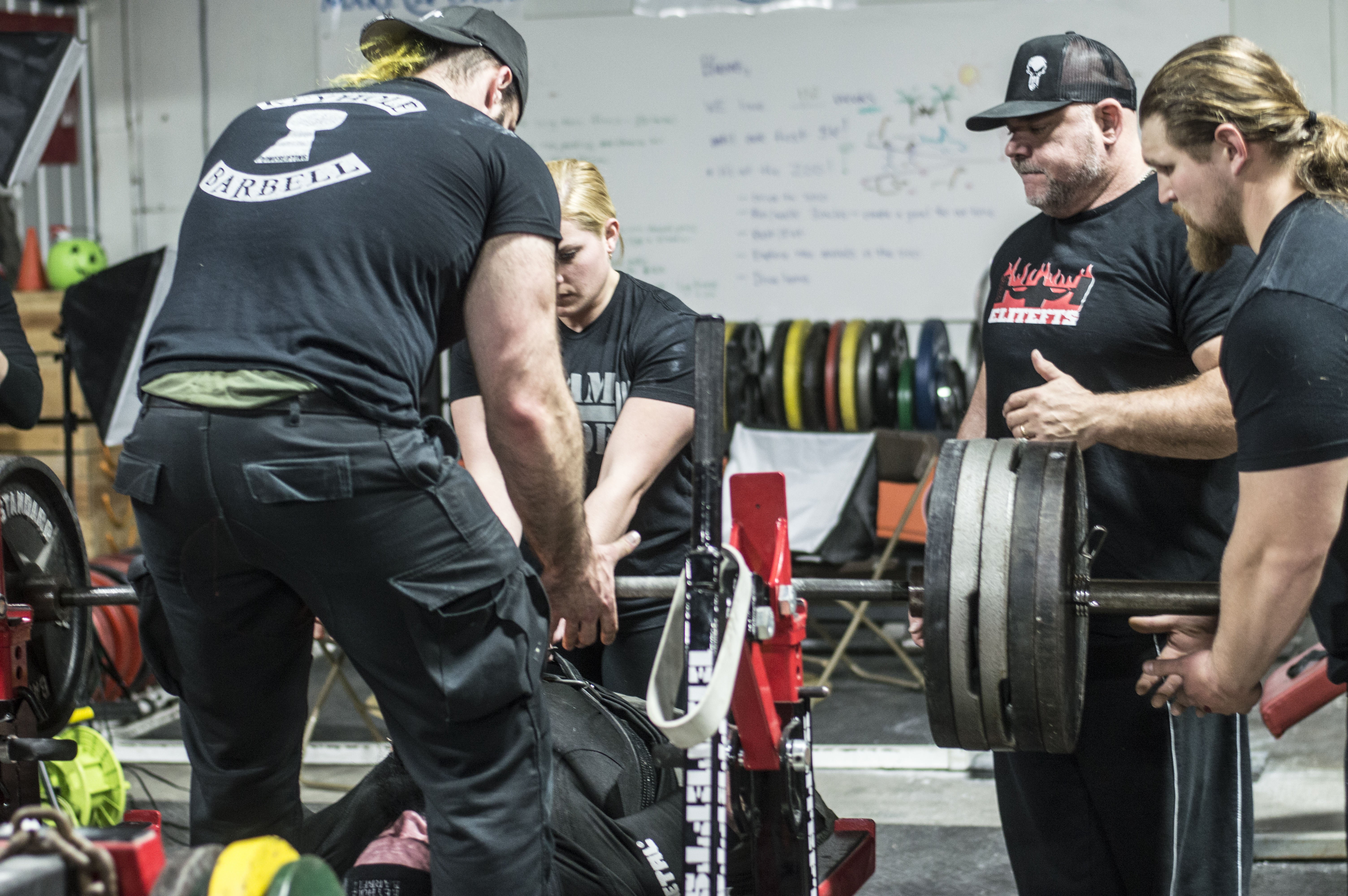
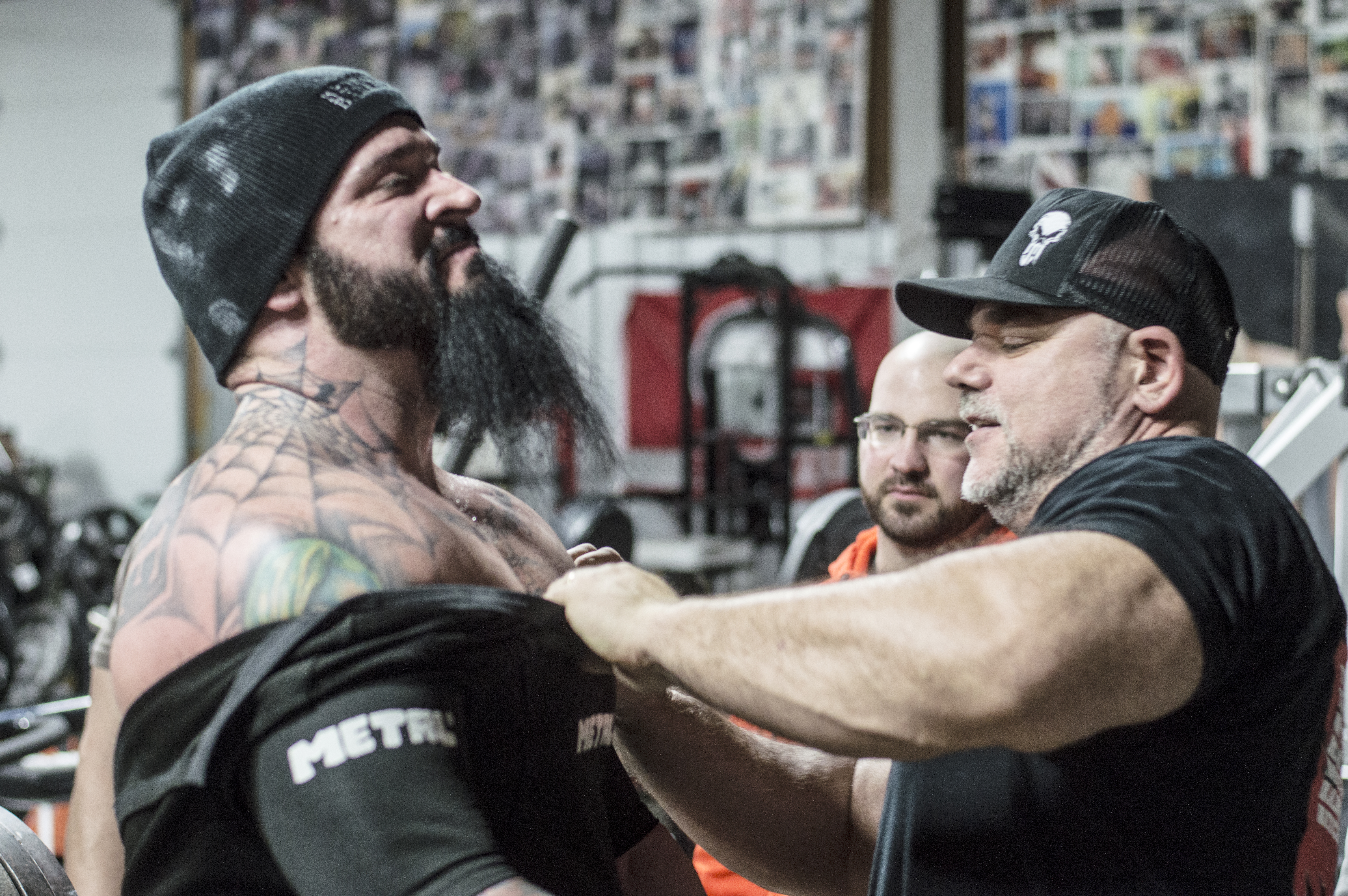
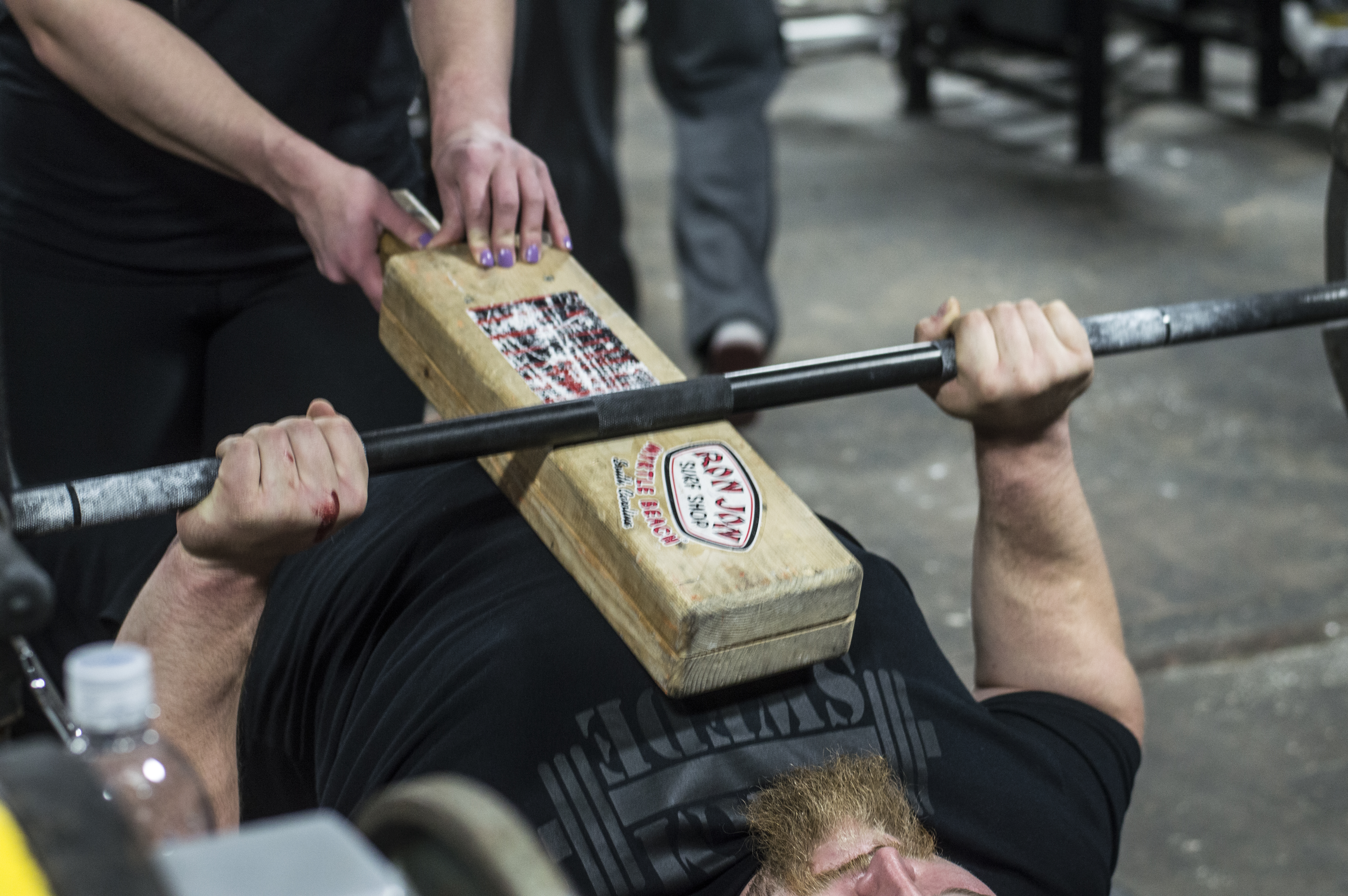
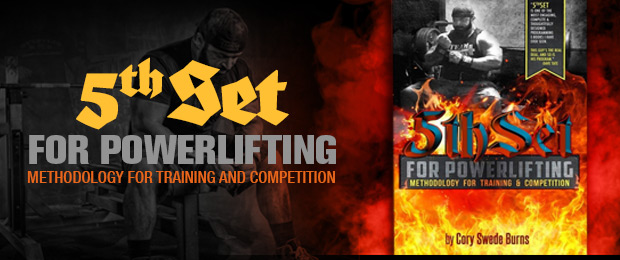
I agree with this article 100%, I am deployed right now and my last deployment I got to meet Clint Darden in Cyprus, when he interviewed me for The House of Biceps youtube channel I showed him a picture of my "squat rack" it was two 2m tow straps for safety and a 4m tow strap to hold the bar while I got under it. I hit PRs after training with next to no equipment and Clint said sometime you just need a barbell and a will, where a $3000 monorack would be nice it is not essential.